About Epstein-Barr
Epstein-Barr or EBV is a common virus that is often used interchangeably with mononucleosis or “mono”, an infectious disease caused by this virus. EBV is also believed to play a role in the emergence of Burkitt's lymphoma, and nasopharyngeal carcinoma.
EBV is a very common virus of the herpes family that is believed to affect up to 95 percent of all adults in the United States. This does not mean everyone who has EBV is bound to become ill with mononucleosis, in fact, most people develop adaptive immunity and never suffer from mononucleosis.
This virus is spread from one person to another through contact of body fluids in the throat and mouth, meaning the saliva. This happens, for example, during kissing, by drinking from someone else's glass, smoking the same cigarette, using the same kitchen utensils or toothbrush, and similar.
Mononucleosis is an infectious disease that first attacks the lymph nodes in the neck and throat. It causes sore throat, difficulty swallowing and fever. Other symptoms include general malaise and fatigue, and some people even experience photophobia, eye pain, rashes, swelling of the spleen and liver infection.
Treatment of Epstein-Barr
The diagnosis of Epstein-Barr virus is suggested after the physical exam and the observation of symptoms such as prolonged sore throat, constant fever and swelling of the lymph nodes. The physical exam often involves palpitation of the abdominal area on order to determine whether the liver or the spleen is enlarged.
However, the physical exam alone cannot be sufficient in confirmation of EBV or mononucleosis, and it is necessary to do blood tests, checking for elevated white blood cells count and the presence of certain antibodies. The so-called “mono spot” test is also performed.
In most cases, after the EBV diagnosis is confirmed, no specific treatment is required. Mononucleosis is one of those diseases that go away on their own after a certain period, during which doctors recommend strict bed rest, avoiding the contact with others so they do not become infected too, as well as drinking a lot of fluids. As soon as the body temperature goes back to normal, the patient will be able to slowly resume normal activities as he or she gains the strength back.
However, throat infections, such as strep throat, are often associated with mononucleosis, and they must be treated with antibiotics.
In case of an enlarged spleen, doctors will recommend avoiding intense physical activity and contact sports, in order to prevent the rupture of the spleen.
If the swelling is very severe, corticosteroids may be prescribed to reduce it.



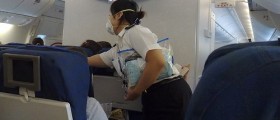

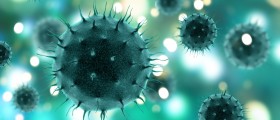
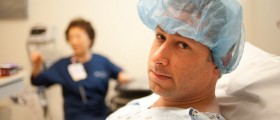

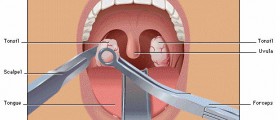
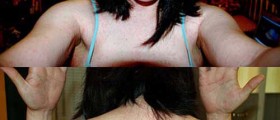

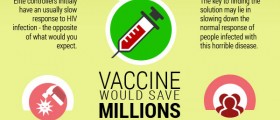




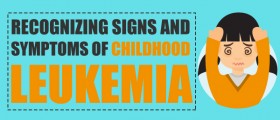
Your thoughts on this
Loading...